Chocolate—From Sacred Ritual to Indulgence
Did you know chocolate was born right here in Mesoamerica?
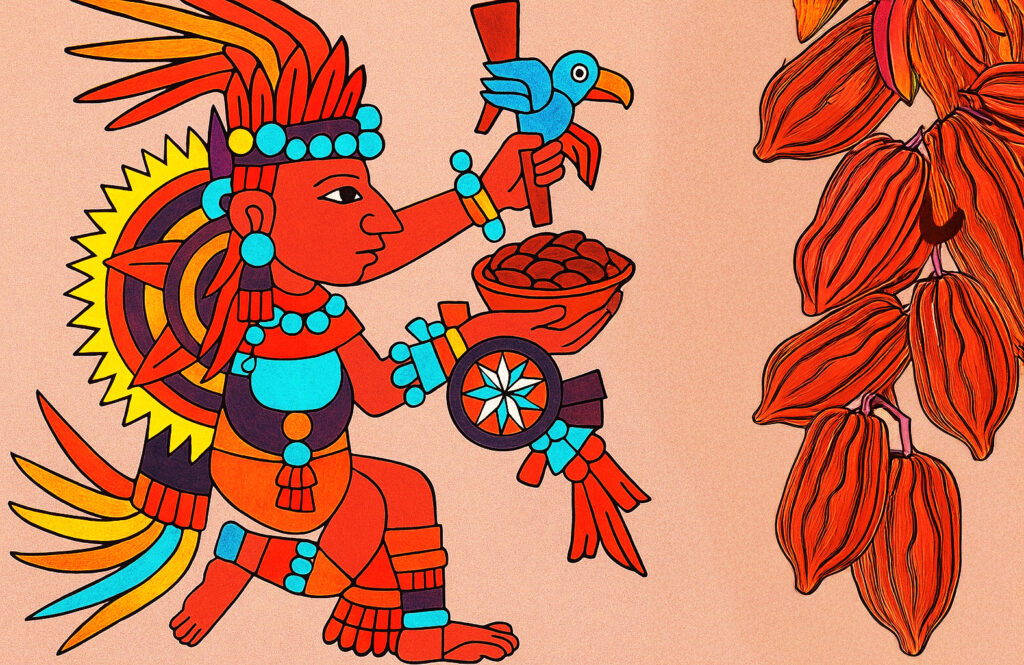
Long before it became the sweet treat we know today, the Maya and Aztecs revered cacao as sacred. Among the Maya, cacao was considered a divine gift from the gods—used in rituals, offerings, and even royal ceremonies. It wasn’t eaten as a candy but consumed as a bitter, frothy drink, often mixed with water and sometimes flavored with local flowers or maize. Cacao beans were so valuable they were also used as currency. To the Maya, drinking cacao wasn’t just nourishment—it was a spiritual act, a connection to the cosmos.
Flavors with History: More Than Just a Sweet Treat
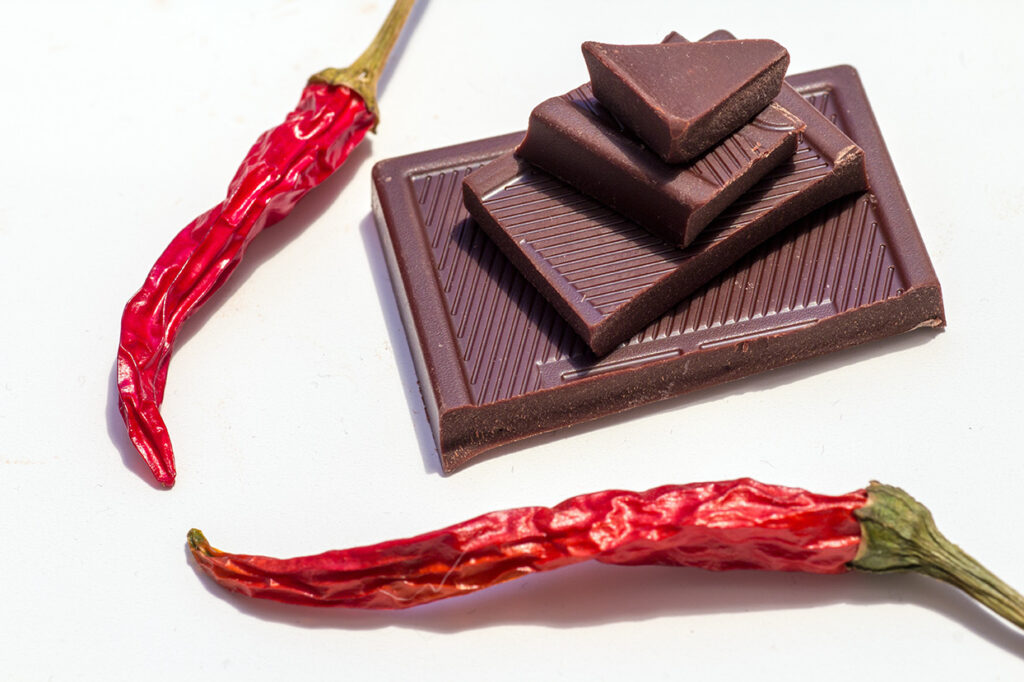
You’ll find bars infused with local flavors—like cinnamon, which was introduced during colonial times and quickly blended into traditional recipes; mezcal, adding a smoky kick from the agave heart; and even chili, once considered too sacred for common use but now adding a fiery edge to modern chocolate.
Each flavor tells a story—of trade, ritual, and the ever-evolving fusion between ancient traditions and contemporary tastes.
Rooted in Tradition: Chocolate from Tree to Tablet
Today, chocolate remains a deep part of Mexican culture, especially in the south where cacao trees still grow. You can even visit small artisanal chocolaterías in the region that use traditional methods—stone grinding the beans, hand-pouring the molds, and offering rich, dark flavors that go beyond anything you’d find in a supermarket.
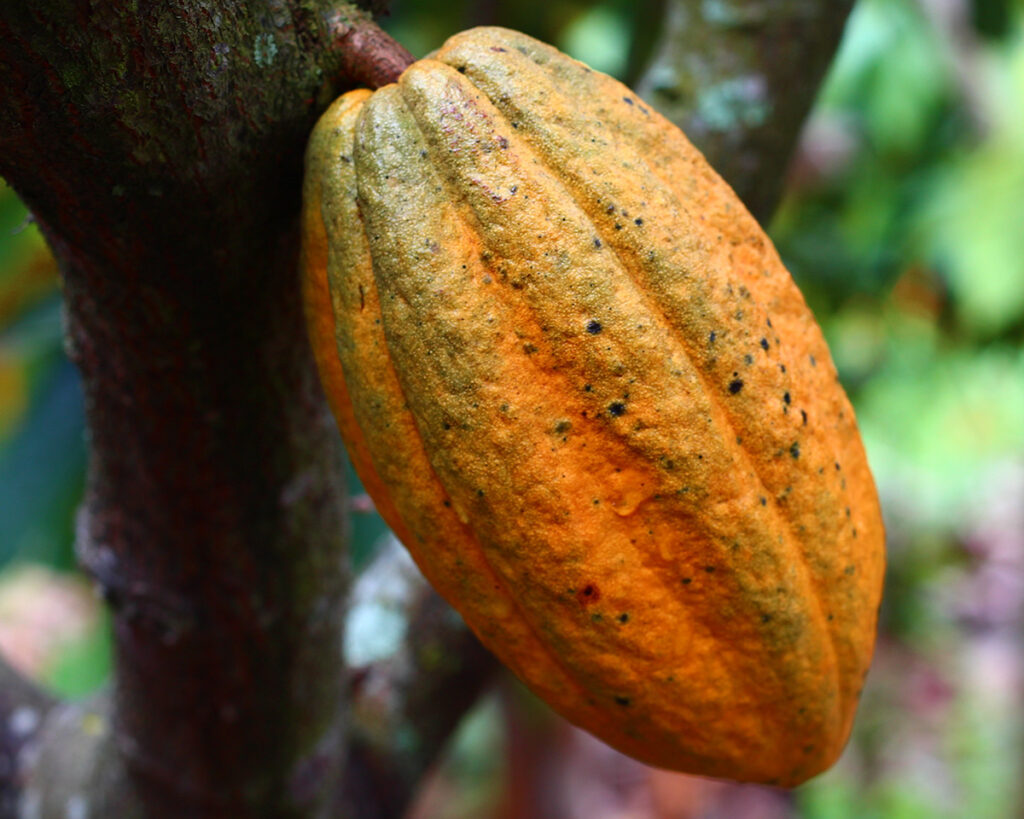
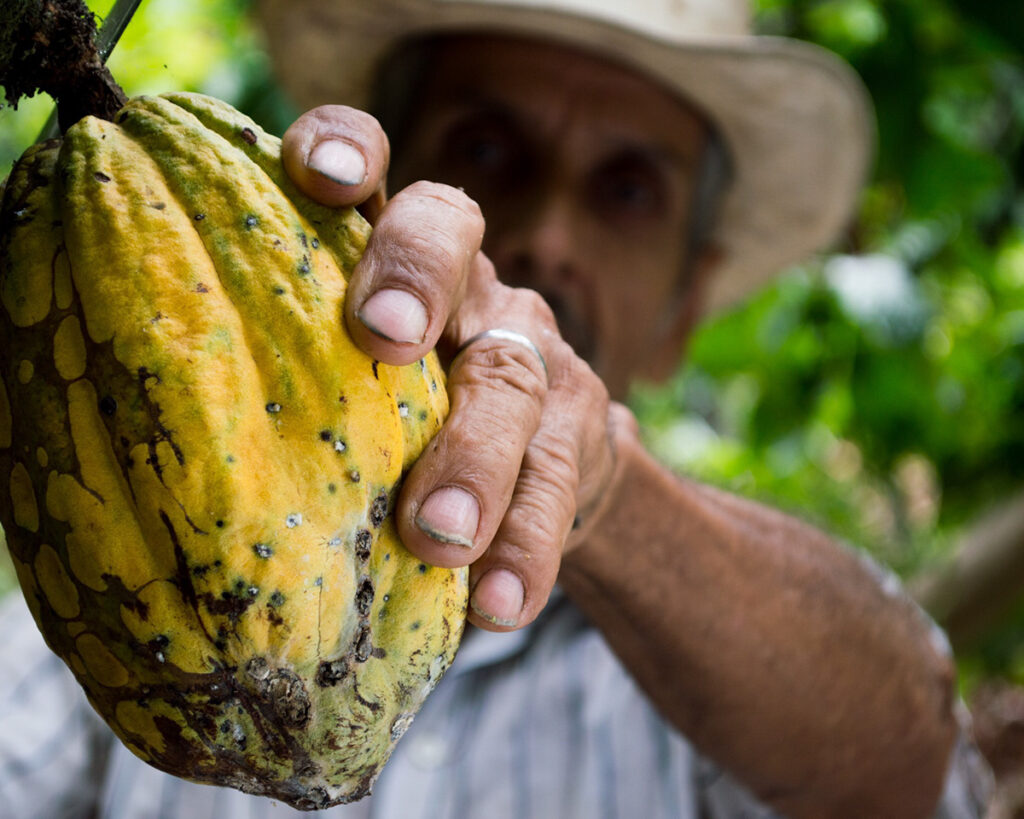
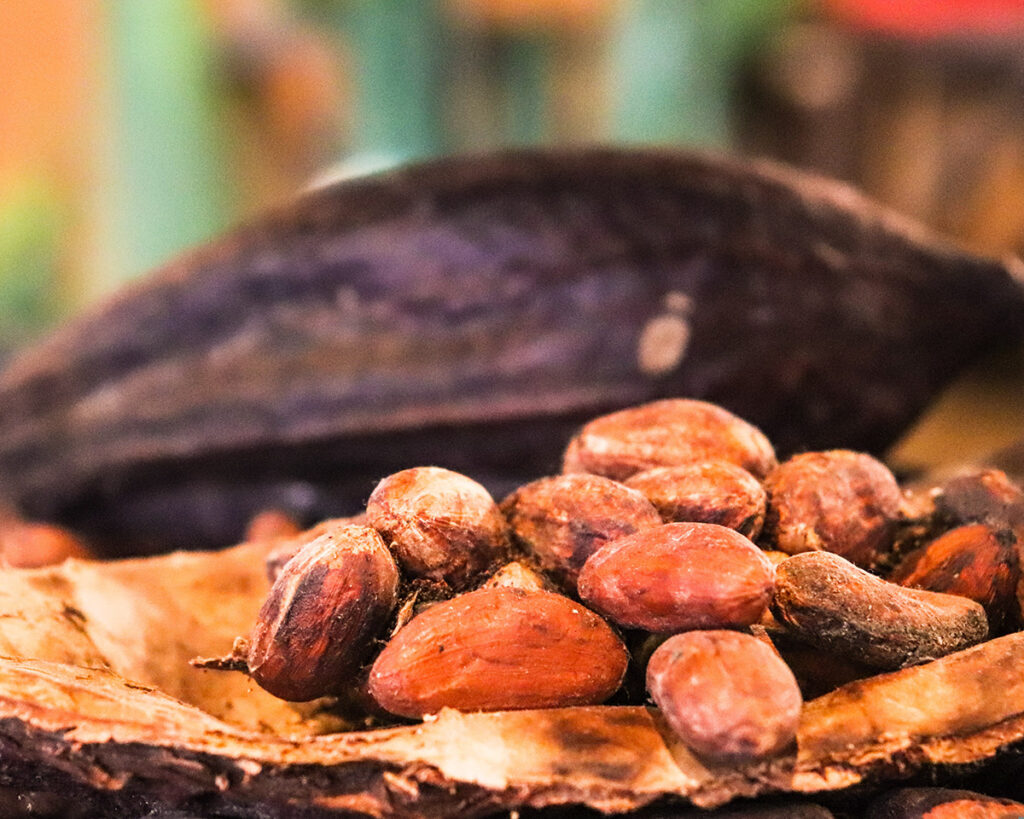
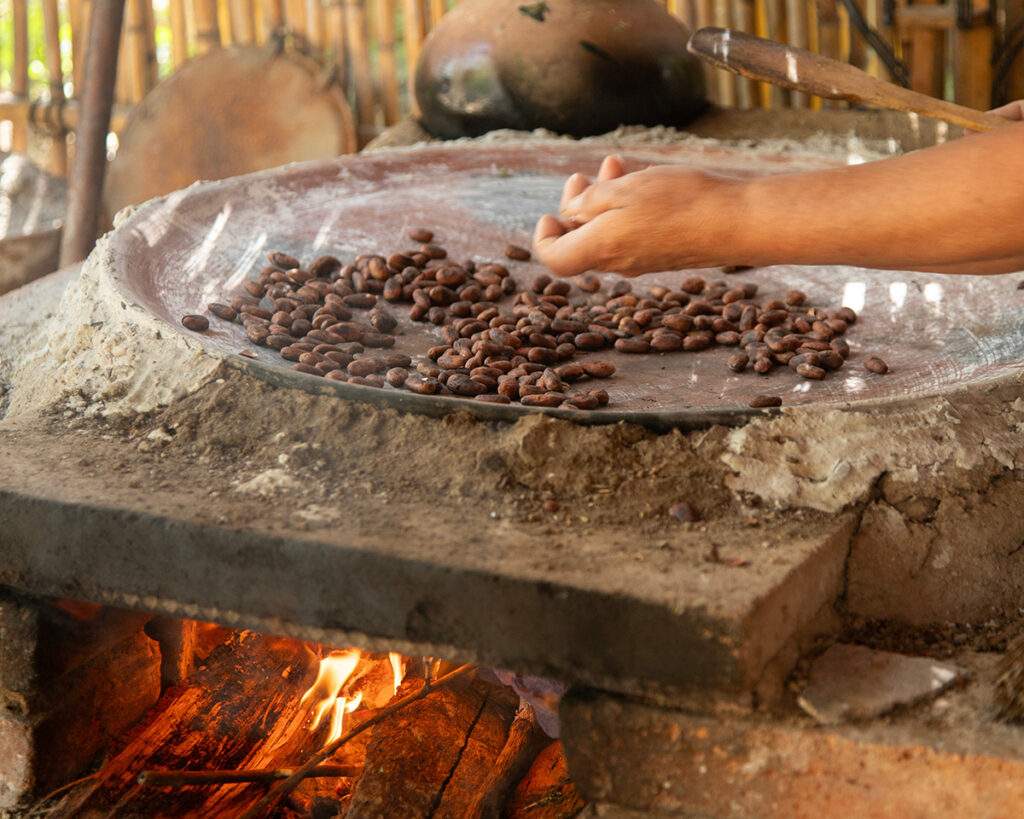
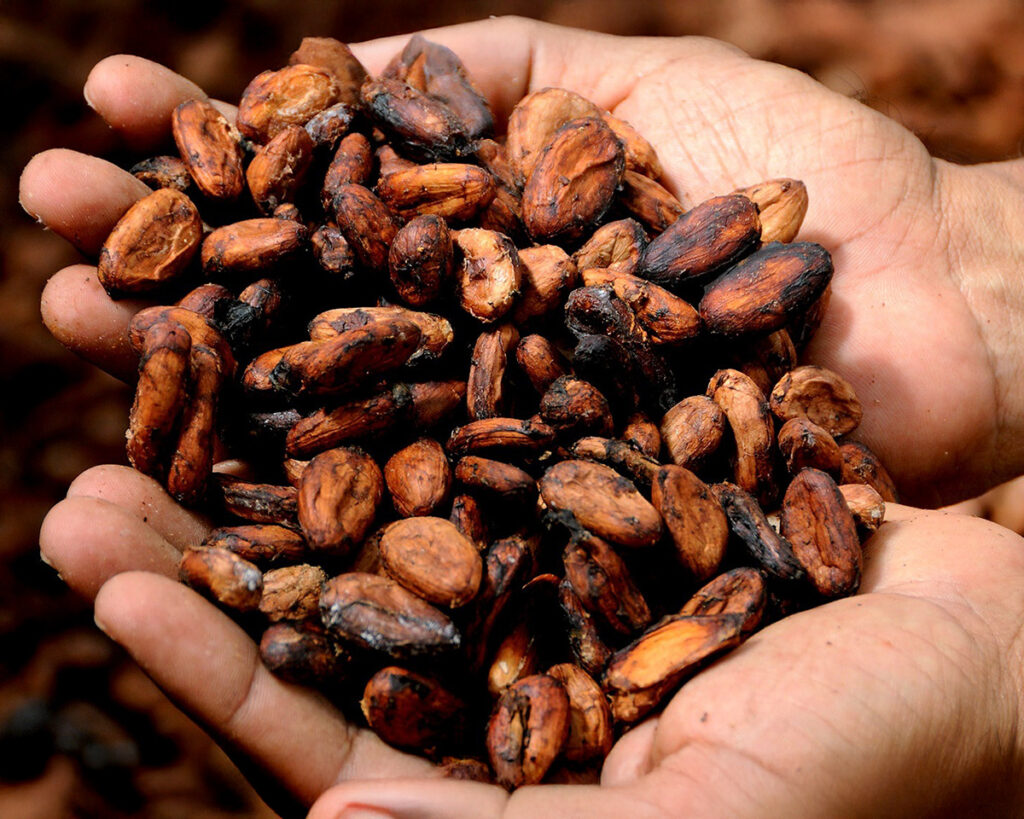
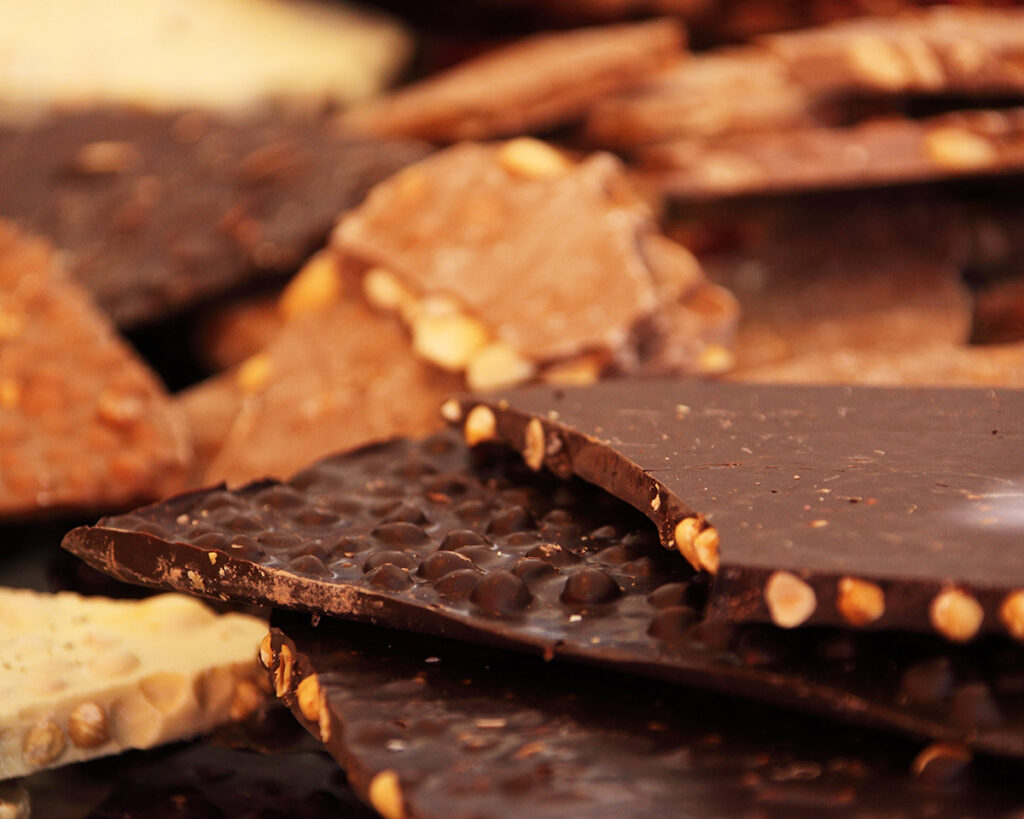
Our Tip:
If you’re staying with us at Abbey del Sol in Puerto Morelos, Valladolid is an easy day trip and well worth it to visit the Choco-Story Museum. It’s also a great stop on the way to Chichén Itzá. The museum offers a rich, hands-on experience with life-sized dioramas, audio guides, and of course—plenty of chocolate tasting.
Our staff at the front desk will be happy to help with advice and assist in arranging this day trip for you.
